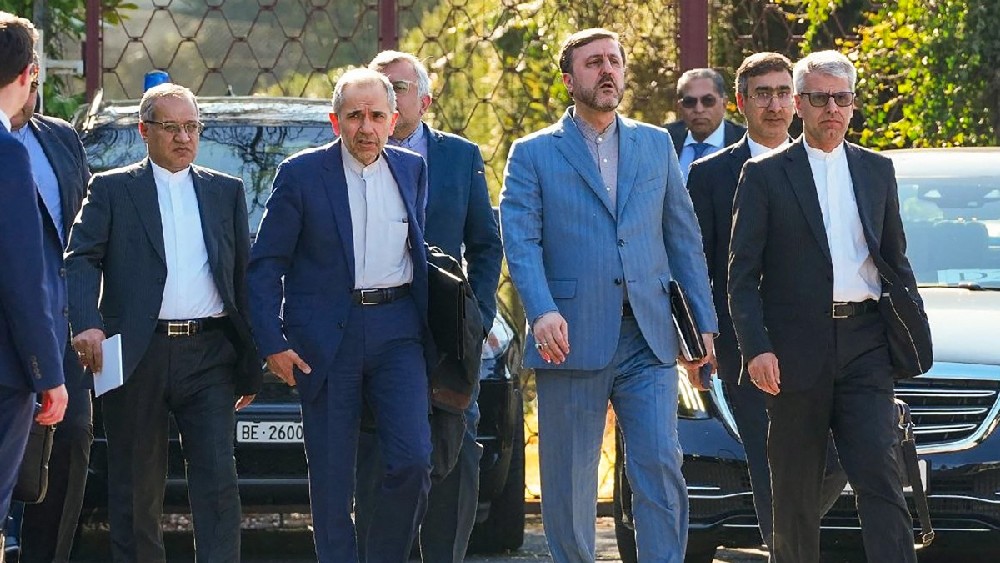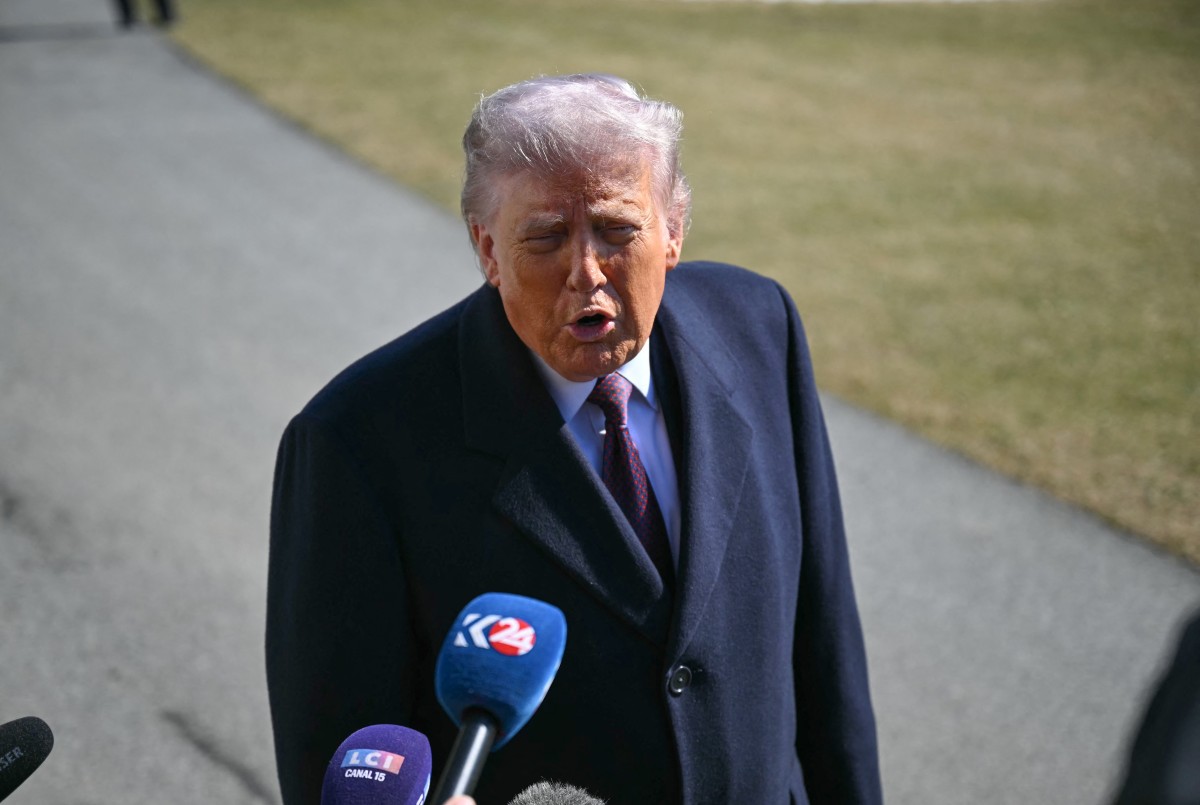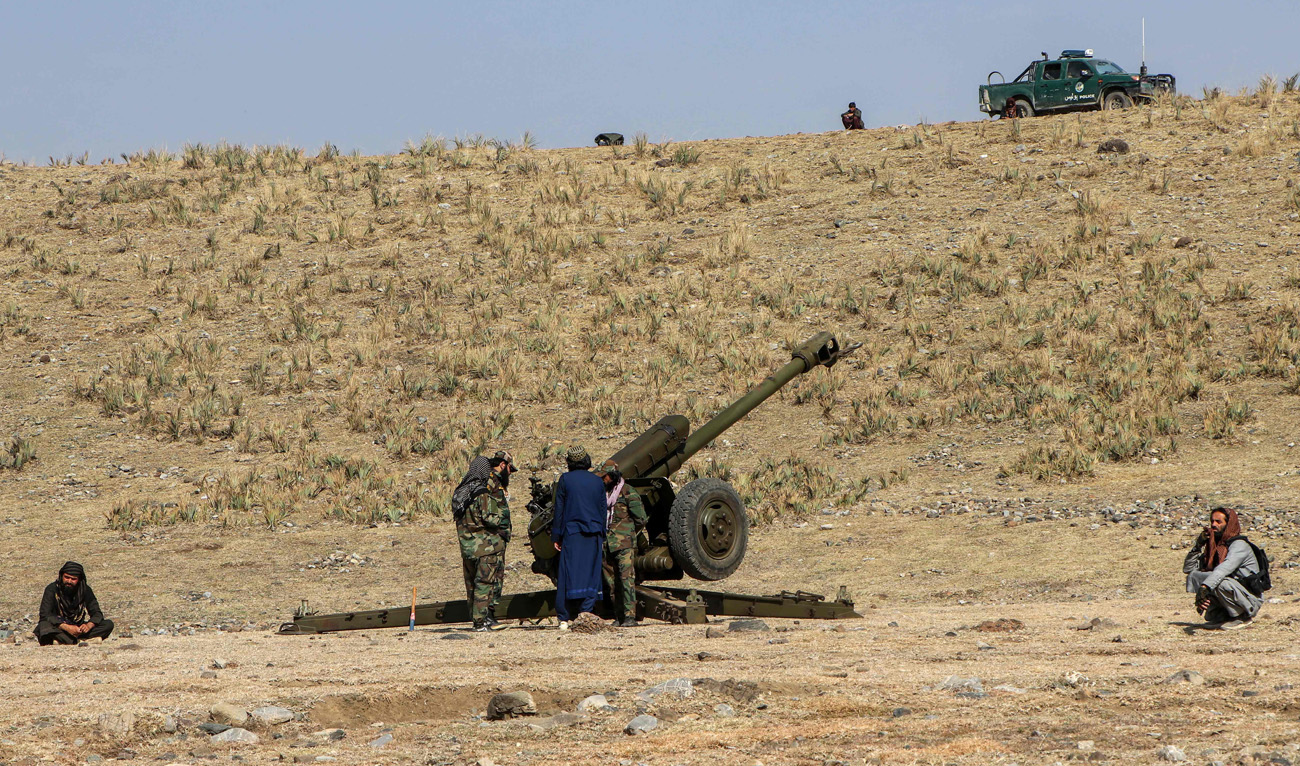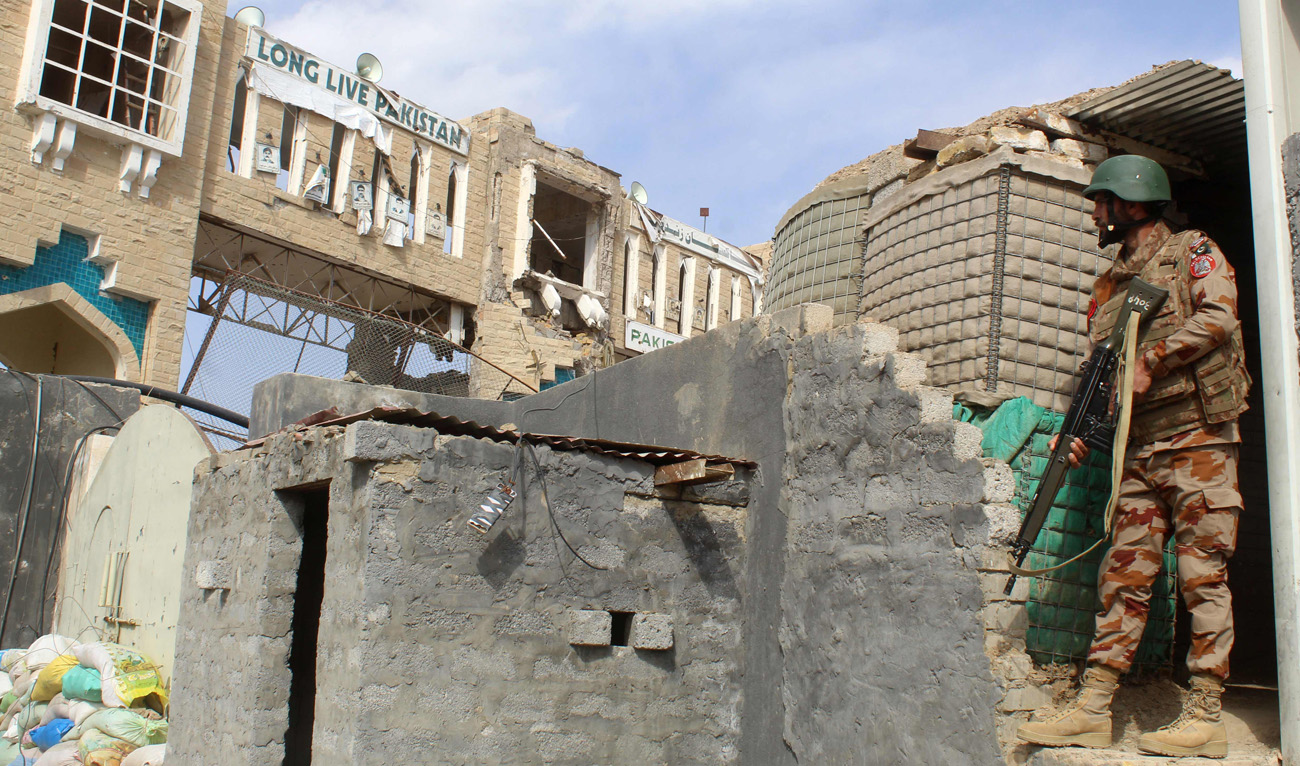Militants expand footprint in Afghanistan as Taliban downplay regional threat
ISLAMABAD: Interim Afghan Foreign Minister Amir Khan Muttaqi has dismissed claims that Afghanistan poses a security threat to its neighbors, even as multiple reports highlight that militant organizations continue to operate from Afghan territory, fueling instability across the region.
During a recent visit to India, Muttaqi addressed concerns about militancy and regional security. Responding to questions from the Indian press, he said, “Pakistan is not our only neighbor. China, Tajikistan, Uzbekistan, and Turkmenistan—why don’t they have any complaints?”
However, a number of reports, including those by the United Nations Security Council (UNSC), suggest that several armed groups maintain a presence in Afghanistan. These groups are said to threaten not only Pakistan but also other countries in the wider region.
According to the UNSC’s findings, the Tehreek-e-Taliban Pakistan (TTP) remains the most prominent Pakistan-focused militant organization operating inside Afghanistan. The TTP, formed in 2007 and aligned with Al-Qaeda, is estimated to have around 6,000 fighters stationed across Afghanistan’s Baghlan, Wardak, Nuristan, Kunar, Ghazni, Kabul, and Helmand provinces.
The report further notes that the TTP “continues to receive logistical and operational support” from Afghanistan’s de facto authorities and that its militants are “trained in camps set up by Al-Qaeda.”
In April this year, Pakistan’s military reported killing 54 TTP fighters attempting to infiltrate from Afghanistan. The Inter-Services Public Relations (ISPR) stated that the operation was part of ongoing counterterrorism efforts along the border.
Militant groups based in Afghanistan are not limited to the TTP.
The Balochistan Liberation Army (BLA), which has waged an insurgency in Pakistan’s southwestern Balochistan province, is also believed to maintain safe havens inside Afghanistan. BLA commander Aslam Baloch, also known as Achu, was killed in Kandahar in December 2018, according to Al-Jazeera.
The UNSC report adds that the BLA has a “non-aggression pact” with the TTP, under which both groups refrain from targeting each other, and that TTP provides training support to Baloch militants.
The Islamic State Khorasan Province (ISKP), another major group, reportedly commands between 4,000 and 6,000 fighters in Afghanistan, including defectors from the Afghan Taliban, TTP, and Al-Qaeda. ISKP has expanded its reach across the region. Last year, Pakistan, in coordination with Türkiye’s National Intelligence Organization (MIT), arrested ISKP’s media head, Abu Yasir al-Turki, during a joint intelligence operation near the Afghan border.
Meanwhile, Al-Qaeda continues to maintain training facilities across Afghanistan, used by both its members and TTP operatives. The group’s South Asian affiliate, Al-Qaeda in the Indian Subcontinent (AQIS), remains ideologically aligned with the Taliban. AQIS’s second-in-command, Ayman al-Zawahiri, was killed in a US drone strike in Kabul in July 2022, according to the US Department of War.
Other regional outfits, including the Turkistan Islamic Party (TIP), which targets China, and Tehrik-e-Taliban Tajikistan, reportedly operate from Afghan soil. The TIP, led by Abdul Haq Turkistani, maintains ties with both the Taliban and Al-Qaeda, with Abdul Haq serving on Al-Qaeda’s executive council, according to the UNSC.
Similarly, the Islamic Movement of Uzbekistan (IMU), with an estimated 500 to 800 fighters based in northern Afghanistan, continues to pose a threat to Central Asian states. Afghanistan-based outlet Amu TV has described the IMU as maintaining “deep historical ties” to Afghanistan’s insurgency.
Despite these documented presences, the Afghan Taliban government continues to deny harboring foreign militants. Muttaqi’s remarks in India reflect Kabul’s consistent position that Afghanistan is not a source of regional instability.
Still, the contrast between official statements and international assessments underscores the region’s lingering security dilemma, where assurances of peace coexist uneasily with the persistent activity of transnational militant networks.
Latest News
Paramount acquires Warner Bros. in $110B mega-merger
2 HOURS AGO

Iran agreed not to stockpile enriched uranium: mediator Oman
2 HOURS AGO

US backs Pakistan’s self-defense as Trump praises leadership amid Afghan conflict
3 HOURS AGO

TTP–Taliban nexus exposed as attacks and retaliation mirror each other
4 HOURS AGO

Pakistan says 297 Taliban fighters killed in Afghanistan strikes
5 HOURS AGO

